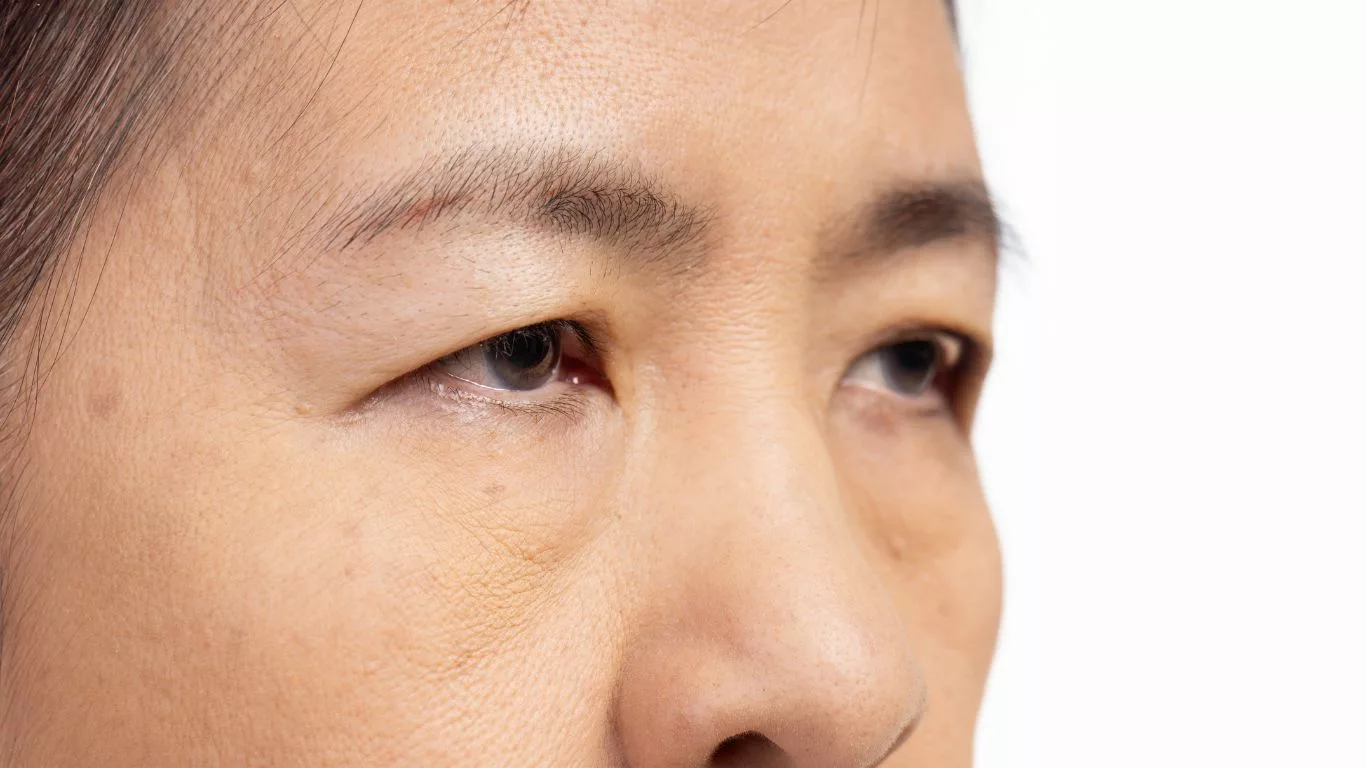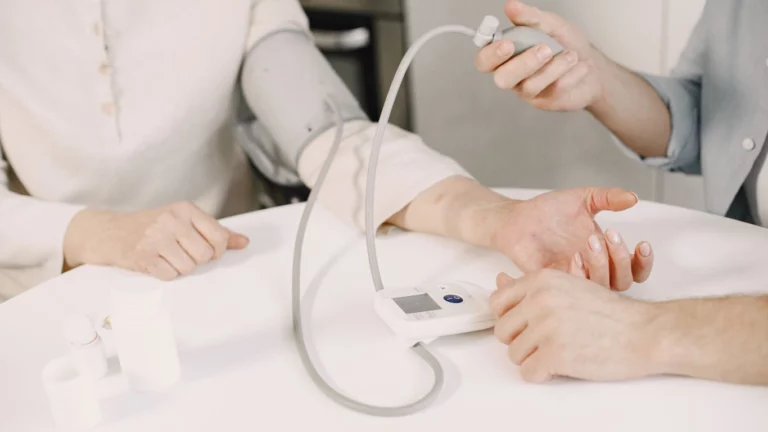Best Vitamins for Eye Floaters – Enhance Visual Clarity
Discover the top vitamins that may help reduce eye floaters. Learn about their benefits, sources, and considerations in managing visual health effectively.
Eye floaters, those small, often annoying spots or lines that drift across your vision, can be a common occurrence. While usually harmless, they can sometimes indicate underlying eye conditions or aging processes. Alongside regular eye check-ups and medical advice, many individuals explore natural remedies, including specific vitamins known for their potential benefits in supporting eye health. In this comprehensive guide, we delve into the role of vitamins in managing eye floaters, exploring their effectiveness, sources, and practical considerations.
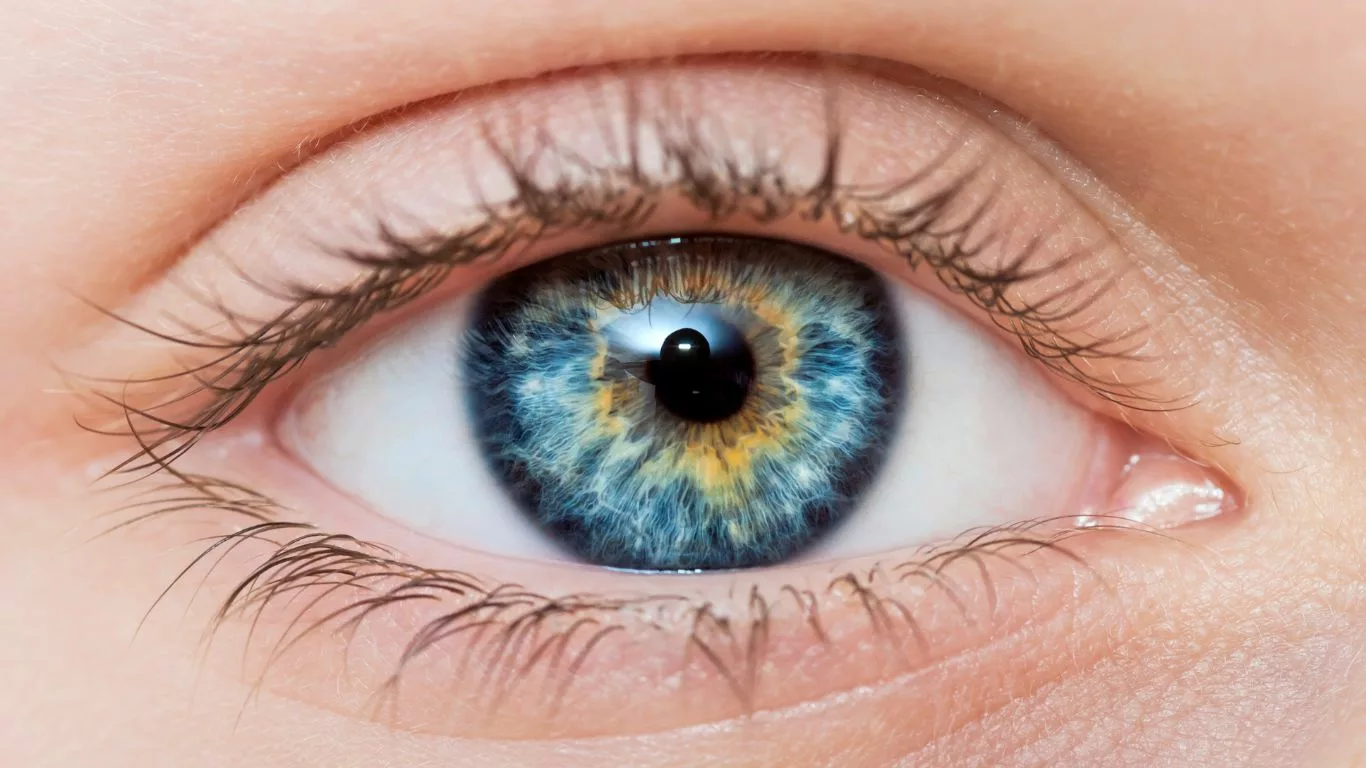
Understanding Eye Floaters and Vitamin Benefits
Eye floaters are a common visual phenomenon caused by age-related changes in the vitreous humor, a gel-like substance that fills the back of the eye. This gel becomes more liquid and shrinks with age, leading to the formation of small, semi-transparent particles within it. These particles cast shadows on the retina, resulting in the perception of floaters—shapes like dots, strands, or cobwebs—that drift across the field of vision.
While eye floaters are usually harmless and often a natural part of aging, significant or sudden changes in their appearance should be promptly evaluated by an eye care professional. In some cases, floaters can indicate more serious conditions such as retinal detachment or inflammation, requiring immediate medical attention.
Vitamins Known for Eye Health
Certain vitamins and antioxidants have garnered attention for their potential role in supporting eye health and possibly reducing the occurrence of eye floaters. Understanding their benefits can aid in incorporating them into a balanced diet or supplement regimen:
Vitamin C
Vitamin C is renowned for its antioxidant properties, crucial for protecting the eyes from oxidative stress. In particular, it supports the health of blood vessels in the eye and helps maintain the integrity of connective tissues such as collagen. Adequate intake of Vitamin C-rich foods like citrus fruits (oranges, grapefruits), strawberries, and bell peppers can contribute to overall eye health and potentially aid in managing eye floaters.
Vitamin E
Another potent antioxidant, Vitamin E, plays a vital role in protecting cells throughout the body, including those in the eyes, from damage caused by free radicals. It helps maintain cell membrane integrity and supports overall eye health. Good dietary sources of Vitamin E include nuts (almonds, sunflower seeds), seeds (flaxseeds, chia seeds), and vegetable oils (sunflower oil, olive oil). Incorporating these into your diet may help reduce the visibility of eye floaters and support long-term eye health.
Omega-3 Fatty Acids
Omega-3 fatty acids are essential fats that contribute to the structure and function of cell membranes, including those in the eyes. Found abundantly in fatty fish like salmon, sardines, and in plant-based sources such as flaxseeds and walnuts, Omega-3s are known for their anti-inflammatory properties. They help reduce inflammation in the eye and support optimal eye health, potentially aiding in the management of eye floaters.
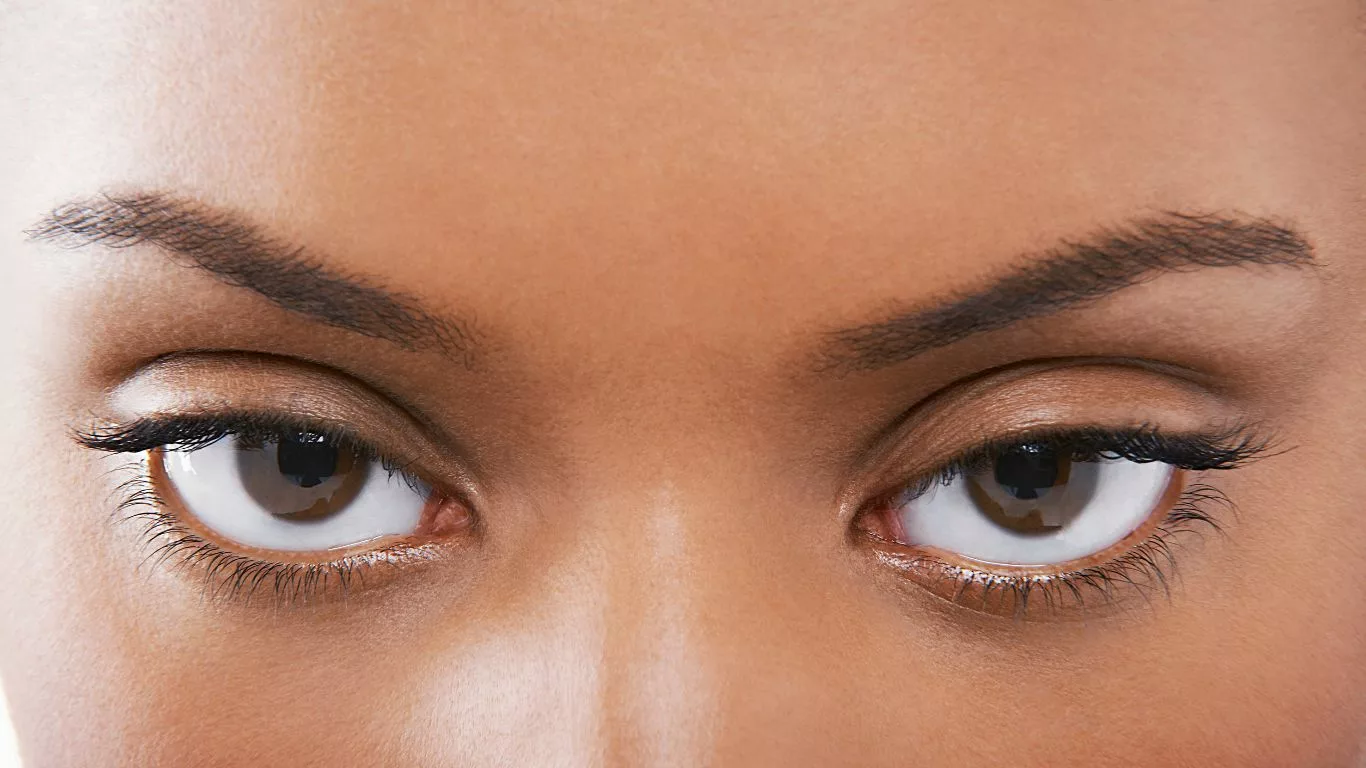
Considerations in Using Vitamins for Eye Floaters
While vitamins can play a supportive role in eye health, including managing eye floaters, it’s essential to approach their use with consideration:
Consultation with an Eye Care Professional
Before starting any new vitamin regimen for eye health, especially if you experience persistent or severe eye floaters, it is highly recommended to consult with an eye care professional. Eye floaters can sometimes be symptomatic of underlying eye conditions that require medical attention. An eye care professional can conduct a thorough examination to assess your eye health status and provide personalized recommendations based on your specific needs and medical history.
Quality and Dosage
When selecting vitamins or nutritional supplements for eye health, prioritize products from reputable brands that adhere to quality standards and have been tested for purity and potency. Follow dosage instructions carefully as outlined on the product packaging or as advised by a healthcare provider. Excessive intake of certain vitamins, such as fat-soluble vitamins like Vitamin E, can potentially lead to toxicity over time. Moderation and adherence to recommended dosages are crucial to avoid adverse effects and optimize benefits.
Combination Approach to Eye Care
While vitamins can contribute to maintaining eye health and managing eye floaters, they should be part of a comprehensive approach to eye care. Regular eye examinations by a professional are essential for detecting any changes in eye health and ensuring early intervention if necessary. Additionally, maintaining a healthy lifestyle, including a balanced diet rich in antioxidants and omega-3 fatty acids, regular exercise, adequate hydration, and protection from UV rays and blue light exposure, all play vital roles in supporting optimal eye health. Vitamins should complement these efforts rather than serve as a sole solution. Integrating these practices into your daily routine can help promote long-term eye health and overall well-being.
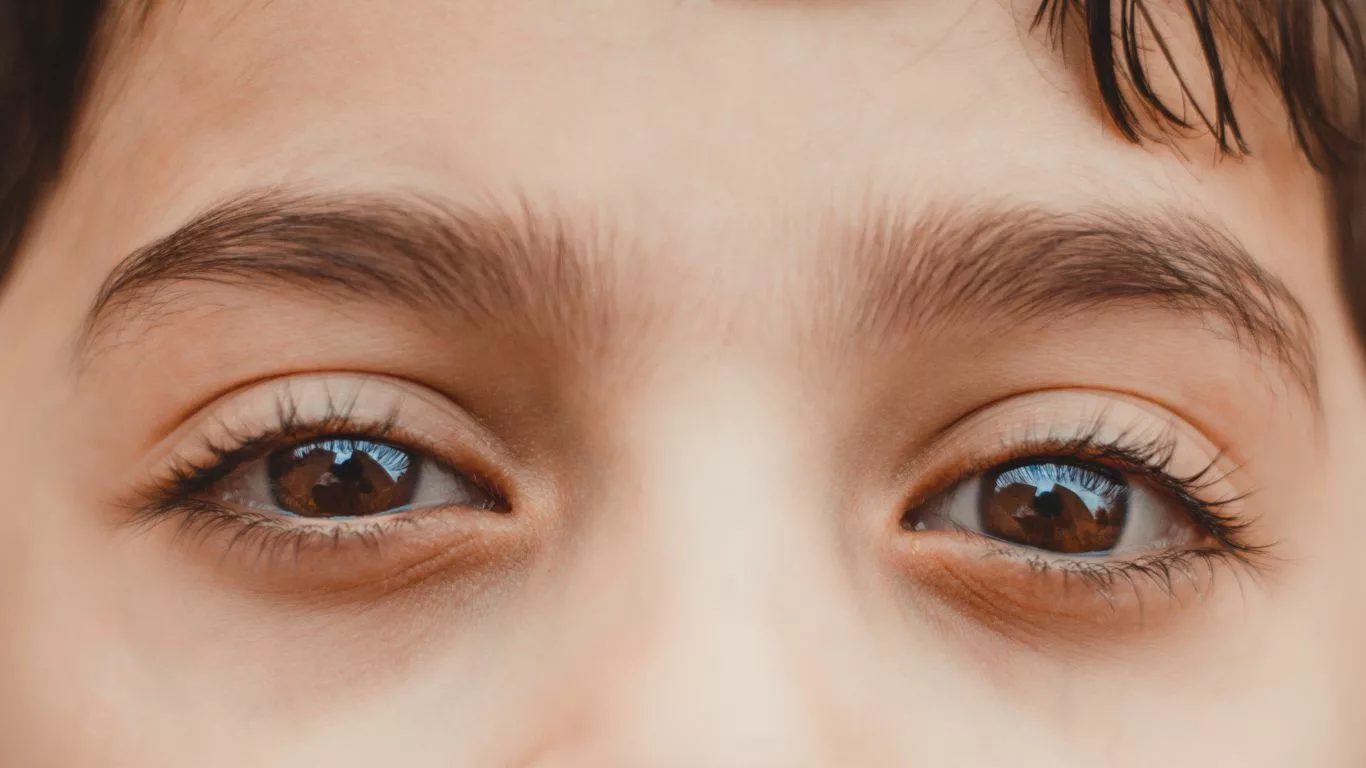
Conclusion
Incorporating vitamins known for their eye health benefits, such as Vitamin C, Vitamin E, and Omega-3 fatty acids, may help support overall eye health and potentially reduce the visibility of eye floaters. However, it’s essential to combine these efforts with professional advice and comprehensive eye care practices. By taking proactive steps and maintaining a balanced approach to eye health, you can enhance visual clarity and overall well-being.
References
For further exploration of vitamins and eye health, consider reviewing the following references:
- National Eye Institute. (2023). Age-Related Eye Diseases. Retrieved from NEI
- Age-Related Eye Disease Study Research Group. (2001). A Randomized, Placebo-Controlled, Clinical Trial of High-Dose Supplementation With Vitamins C and E, Beta Carotene, and Zinc for Age-Related Macular Degeneration and Vision Loss. Archives of Ophthalmology, 119(10), 1417-1436. Read Article
- Chong, E. W., Kreis, A. J., Wong, T. Y., Simpson, J. A., & Guymer, R. H. (2008). Dietary Omega-3 Fatty Acid and Fish Intake in the Primary Prevention of Age-Related Macular Degeneration: A Systematic Review and Meta-Analysis. Archives of Ophthalmology, 126(6), 826-833. Read Article
FAQs
Here are some frequently asked questions about using vitamins for managing eye floaters:
- Can vitamins eliminate eye floaters completely? Vitamins can support eye health and may reduce the visibility of eye floaters, but they are unlikely to eliminate them entirely. Persistent or severe floaters should be evaluated by an eye care professional.
- How long does it take for vitamins to show effects on eye floaters? Individual responses vary, but it may take several weeks to months of consistent use before any noticeable changes in eye floaters are observed.
- Are there any risks associated with taking vitamins for eye health? Excessive intake of certain vitamins may have adverse effects. It’s essential to follow dosage recommendations and consult with a healthcare professional if you have specific health concerns.
Related Table
Here’s a summary table of key vitamins and their benefits for managing eye floaters:
| Vitamin | Benefits | Sources |
|---|---|---|
| Vitamin C | Antioxidant, supports blood vessel health | Citrus fruits, strawberries, bell peppers |
| Vitamin E | Protects cells from damage, including in the eyes | Nuts, seeds, vegetable oils |
| Omega-3 Fatty Acids | Reduces inflammation, supports cell membranes | Fish (salmon, sardines), flaxseeds |
Disclaimer: The information provided in this article is for educational and informational purposes only. It is not intended to be a substitute for professional medical advice, diagnosis, or treatment. Always seek the advice of your physician or other qualified health provider with any questions you may have regarding a medical condition. Never disregard professional medical advice or delay in seeking it because of something you have read in this article. Reliance on any information provided in this article is solely at your own risk.

Camellia Wulansari is a dedicated Medical Assistant at a local clinic and a passionate health writer at Healthusias.com. With years of hands-on experience in patient care and a deep interest in preventive medicine, she bridges the gap between clinical knowledge and accessible health information. Camellia specializes in writing about digestive health, chronic conditions like GERD and hypertension, respiratory issues, and autoimmune diseases, aiming to empower readers with practical, easy-to-understand insights. When she’s not assisting patients or writing, you’ll find her enjoying quiet mornings with coffee and a medical journal in hand—or jamming to her favorite metal band, Lamb of God.

